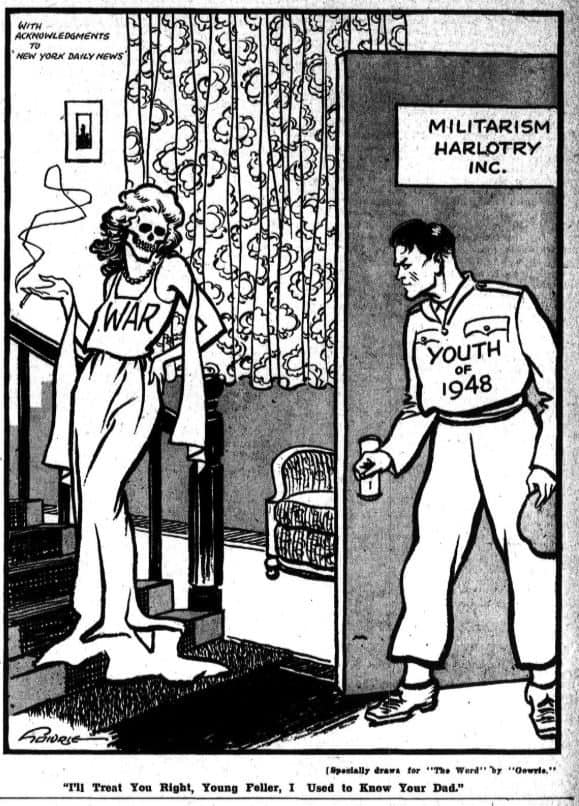By Rebekka Väisänen, Gale Ambassador at the University of Helsinki
The Book Thief, by Markus Zusak, was one of the most captivating novels that I have had the pleasure of reading, so when the time came (last year) for me to finally write my BA thesis, I set to work brainstorming topics in which I could get away with re-reading and analyzing this novel in a seminar geared towards cognitive theory. The field I settled in was historical fiction. The Book Thief is set in the 1940s, in a small fictional town in Germany that is shaken by the rising power of Hitler and the conflict which later became known as the Second World War. The book opened my eyes to the horrors of war in a totally new way, and I started looking for more channels of entertainment-but-also-history through which to usefully procrastinate. I noticed that the Second World War has recently become a popular setting in mainstream media as well, with TV series based on ‘true stories’ emerging from a variety of viewpoints, including German (Hotel Adlon, Unsere Mutter Unsere Vater / Generation War, Babylon Berlin), British (Homefires), Irish and American (My Mother and Other Strangers).

